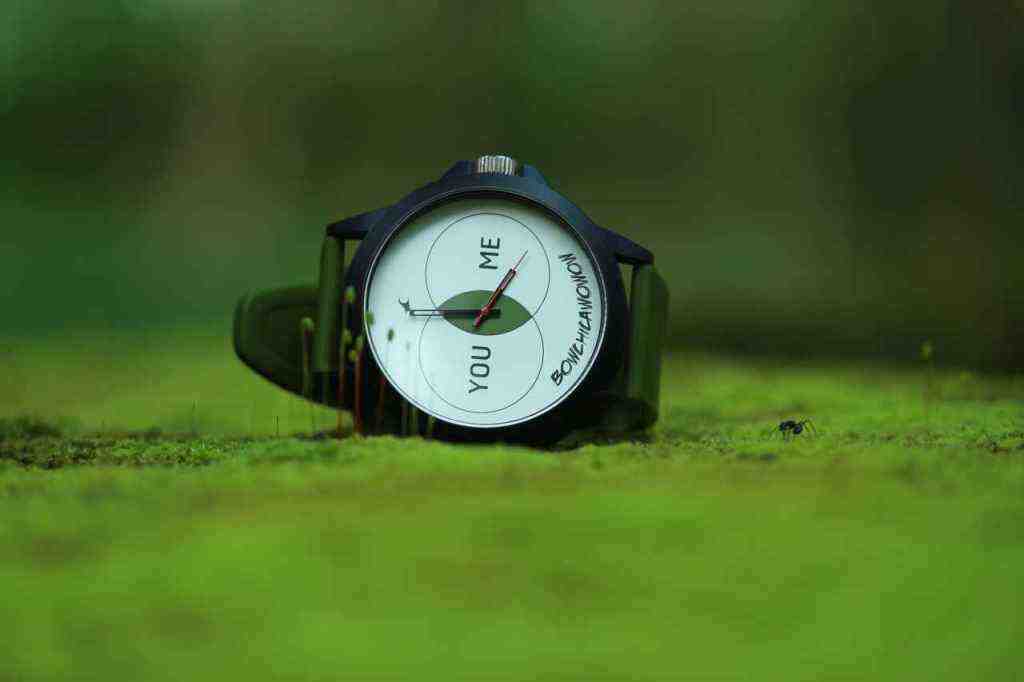BBC’s Den Under Fire: Deluge of Complaints over Entrepreneur’s ME Claims
In 2024, the BBC’s venerable show, Dragon’s Den, found itself embroiled in a storm of criticism and complaints from viewers and healthcare professionals alike. The controversy erupted following an episode featuring entrepreneur Giselle Boxer, whose claims of recovering from Myalgic Encephalomyelitis (ME) using ear seeds ignited a heated debate about the validity of alternative medicine and the ethics of promoting unproven treatments.
Giselle Boxer’s Pitch: A Journey of Healing or Misinformation?
Giselle Boxer’s appearance on Dragon’s Den was marked by an emotionally charged pitch, where she captivated the audience with her personal narrative of overcoming ME. Boxer attributed her recovery to a holistic approach that included diet, acupuncture, Chinese herbs, and ear seeds, emphasizing the transformative power of the latter. Her compelling story, coupled with the allure of a seemingly miraculous cure, resonated with many viewers.
Public Outcry and Ofcom’s Intervention
However, the episode’s aftermath was far from positive. A deluge of complaints flooded in from viewers and ME support organizations, expressing concerns about the unsubstantiated claims made by Boxer. They argued that promoting an unproven treatment could provide false hope to individuals suffering from ME, a debilitating condition with limited treatment options. The sheer volume of complaints, totaling nearly 500, prompted regulatory action from Ofcom, the UK’s communications regulator. Ofcom swiftly launched an investigation into the episode under its ‘Fairness and Privacy’ rules, which do not require complainants to contact the BBC directly before filing a complaint.
BBC’s Response: Clarification and Damage Control
In response to the public outcry and Ofcom’s investigation, the BBC issued a statement acknowledging the concerns raised by viewers. The corporation clarified that Acu Seeds, the product promoted by Boxer, are not intended as a cure for any medical condition and emphasized the importance of seeking advice from qualified healthcare providers for any health concerns. The BBC subsequently added a clarification notice to the episode on its streaming platform, iPlayer, addressing the concerns raised. An additional note in the episode’s information section revealed that the program had undergone editing since its initial broadcast, further highlighting the BBC’s attempt to address the controversy.
Scientific Evidence: A Lack of Support for Ear Seeds
Despite Boxer’s claims, the scientific community remains skeptical about the efficacy of ear seeds in treating ME or fatigue. Medical experts and organizations have expressed their concern, emphasizing the need for rigorous scientific studies to evaluate the effectiveness of ear seeds. Dr. Edzard Ernst, an MD and PhD specializing in alternative medicine research, voiced his disapproval, stating that there is no sound evidence to support the claims made by Boxer. He criticized the promotion of such treatments, highlighting the ethical implications of providing false hope to suffering patients and the questionable practice of profiting from unproven remedies.
ME Support Organizations Condemn False Hope
ME support organizations have been vocal in their condemnation of the promotion of ear seeds as a potential cure for ME. They argue that such claims can lead to false hope, discourage patients from seeking evidence-based treatments, and delay proper medical diagnosis and care. These organizations play a crucial role in providing support, information, and advocacy for individuals living with ME, and they vehemently oppose the promotion of unproven treatments that could potentially harm vulnerable individuals.
Investment and Company Changes: Transparency Concerns
Adding fuel to the controversy, it was revealed that despite accepting an investment offer from Dragon Steven Bartlett, his name was conspicuously absent from the list of directors for Acu Seeds on Companies House. Instead, his brother, Jason Bartlett, appeared as the director. This revelation raised questions about the transparency and accuracy of the information presented during the episode, further eroding public trust in the program.
Conclusion: A Call for Responsible Reporting and Evidence-Based Medicine
The BBC’s Dragon’s Den episode featuring Giselle Boxer’s pitch for Acu Seeds has sparked a heated debate about the promotion of unproven medical claims. The overwhelming public response and Ofcom’s investigation have highlighted the need for responsible and accurate information regarding alternative treatments. The controversy underscores the importance of scientific evidence, transparency, and ethical considerations in promoting healthcare products and remedies. As we navigate the ever-evolving landscape of healthcare, it is imperative that we prioritize evidence-based medicine and protect vulnerable individuals from the potential harms of unproven treatments.
